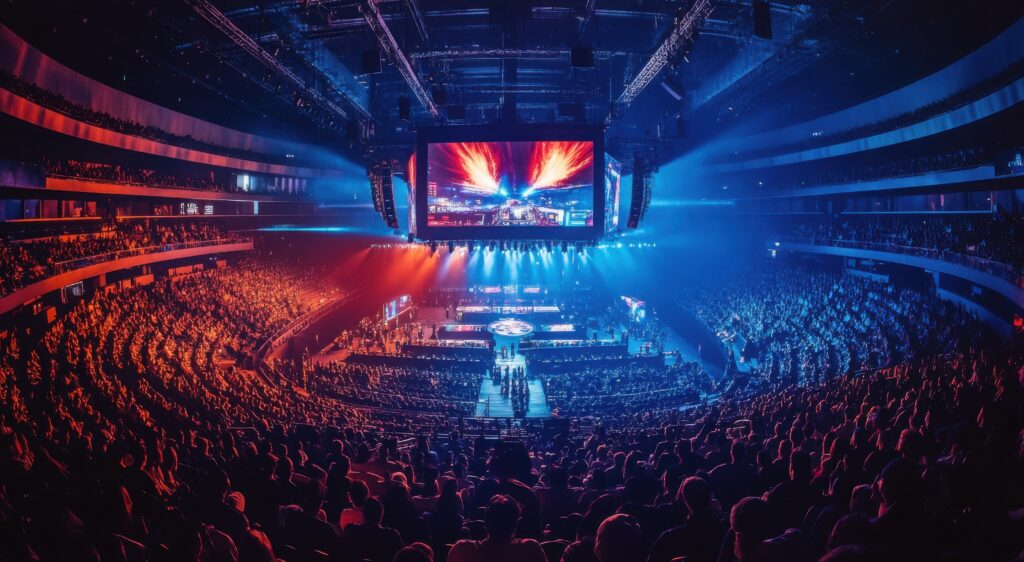The PGA Championship scores a hole-in-one through CBS Sports and incredible technical innovation
Back in May, as live sports were beginning to test the waters and gauge the possibility for return, we discussed the gradual resurgence of professional golfing, noting that many in the industry saw these small events as a way to prepare for the PGA Championship, among other larger scale events. While a lot has changed over the last three months, since the PGA Championship began on August 6, information about how the showcase was staged demonstrated that pro golf has not only learned from their test drives, but found new and exciting ways to innovate the CBS Sports broadcast, including the deployment of some cutting edge technology.
Exploring the 2020 PGA Championship
The PGA Championship was always going to be a challenge given the current circumstances. Golf, like all live sports, has had a tumultuous year, and while a great deal of care has always been a hallmark of PGA events, 2020 has demanded even more attention and creativity.
While the NBA, MLB, and more have all engineered impressive returns to play, the PGA Championship, which was held at TPC Harding Park in San Francisco, is one of the single largest live production undertakings that live sports has seen since the pandemic began. Speaking with Sports Video Group, Mike Francis, vice president of remote engineering and planning for CBS Sports explained the expansive infrastructure that was put in place, including 22 mobile units and a two story structure for tech teams to work out of. While the number of personnel was necessarily reduced, the overall orchestration was as complex as ever.
Alongside CBS, ESPN provided additional production teams and Game Creek Video technical teams and equipment. Units both on and off site were tasked with creating essential graphics for broadcast, and teams around the world (including New Zealand) created additional post-production and graphical effects for their regional broadcasts of the event. Some of the more impressive effects that viewers were treated to included statistics and scoring information overlaid onto the picture so that it appeared as though they were projected onto the green. This use of AR technology was further supplemented by ball-tracking tools and 3D hole models which made it possible for CBS to recreate the trajectory of a given player’s shot after the ball had come to rest.
A new way to watch
The aforementioned flyover animatics are in part possible because of the increased use of drone cameras CBS decided to employ to help ensure social distancing while capturing every nuance of play. But these aren’t the only visual innovations that the broadcaster had in store for golf fans. In addition to a 700 foot point-to-point FlyCam system, the PGA Championship reintroduced its 4D replay feature, which was set up at the 14th hole to capture tee shots. With this technology, CBS Sports is able to freeze an image of a golfer in mid-swing and pivot around them while commentators discuss the details of posture, strategy, and more. While previous features allowed for a 180 degree view of a player, the 4D replay doubles that.
While many of these solutions have been used before (or likely would have been used regardless of the pandemic), their impact on the viewing experience could be greatly magnified by the current circumstances, perhaps even pushing adoption beyond just the PGA Championship. While new technologies are always exciting, under normal circumstances it’s often easy for an audience to take them for granted. Given the realities of the COVID situation and the live sports drought that fans have experienced, the reintroduction of their favorite game complete with enhanced viewing experiences would make quite an impression.
The PGA Championship spells good things for professional golf
Considering the success of the CBS Sports broadcast for the PGA Championship, prospects are looking good for professional golf. Live productions are complex under the best of circumstances and given the scope of the championship and the added complications of coronavirus, the degree to which production teams and broadcasters pulled off a truly great event is incredibly impressive. It also bodes well for golf over the next year.
As noted by lead play-by-play announcer Jim Nantz in his conversation with SVG, the next 11 months contain seven major championships, two Masters events, two PGA Championships, and the FedEx Playoffs. Each of these is a substantial production and each offers sports broadcasters and golf organizations the opportunity to wow and engage audiences in new and innovative ways.


